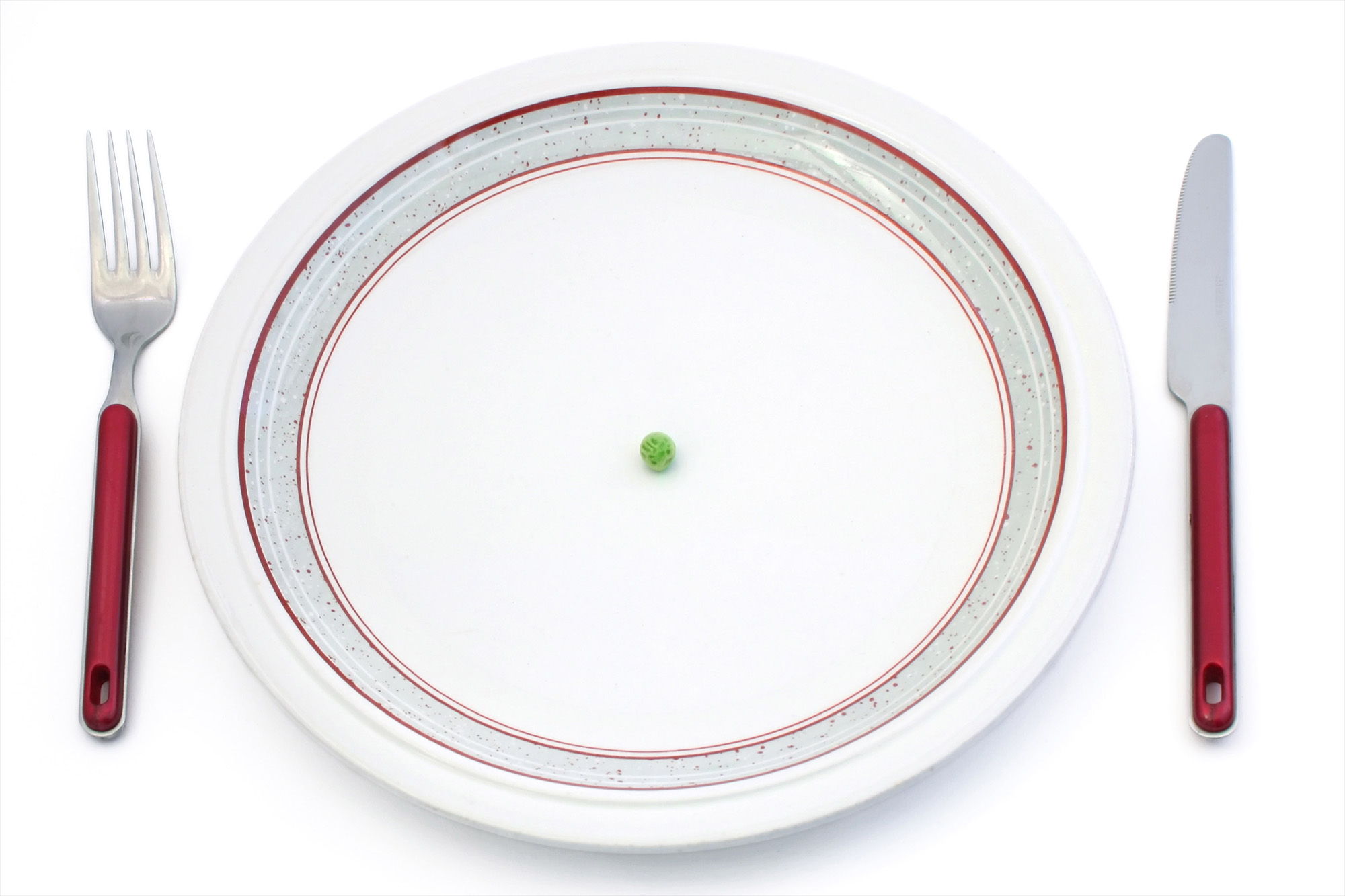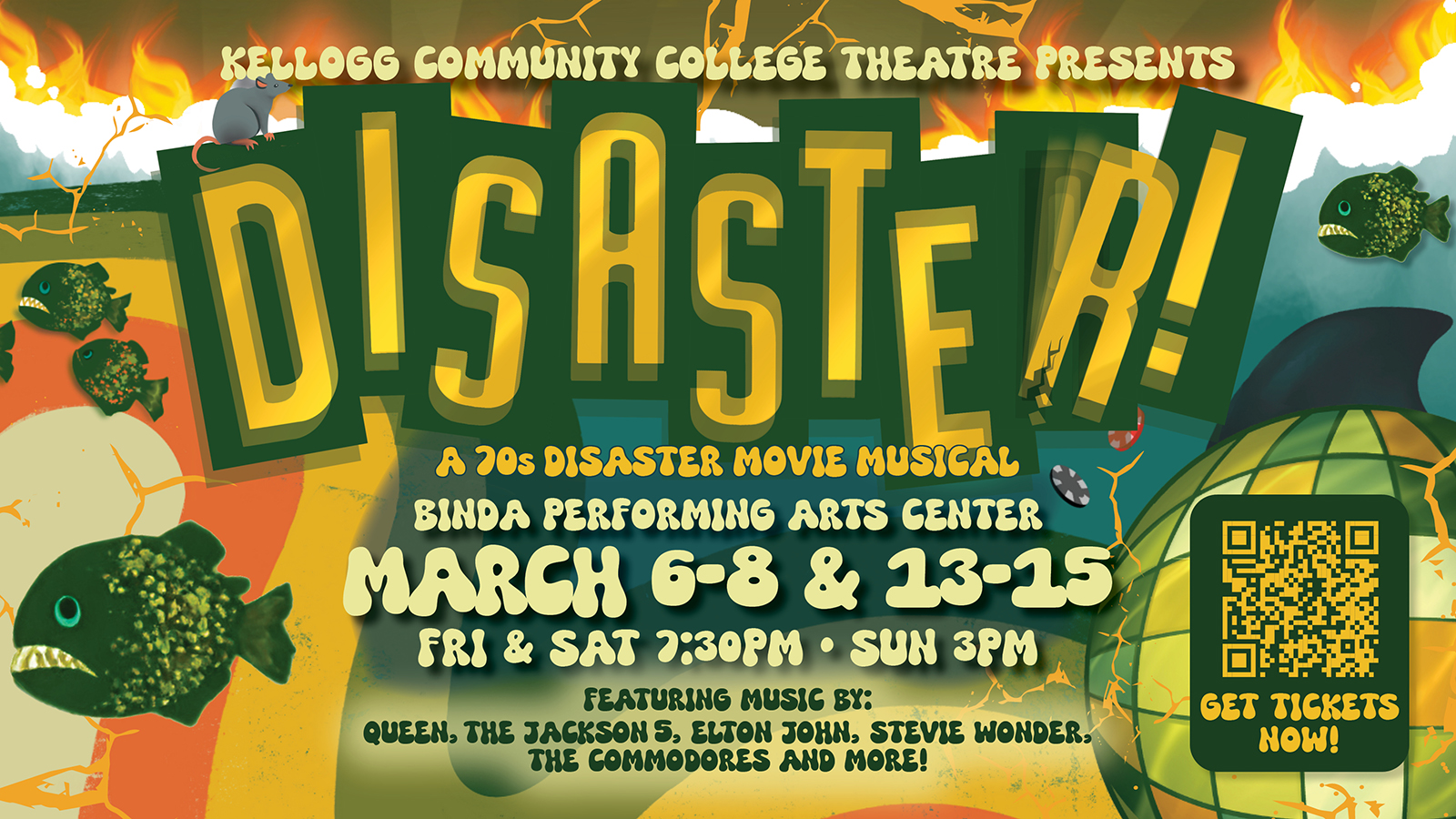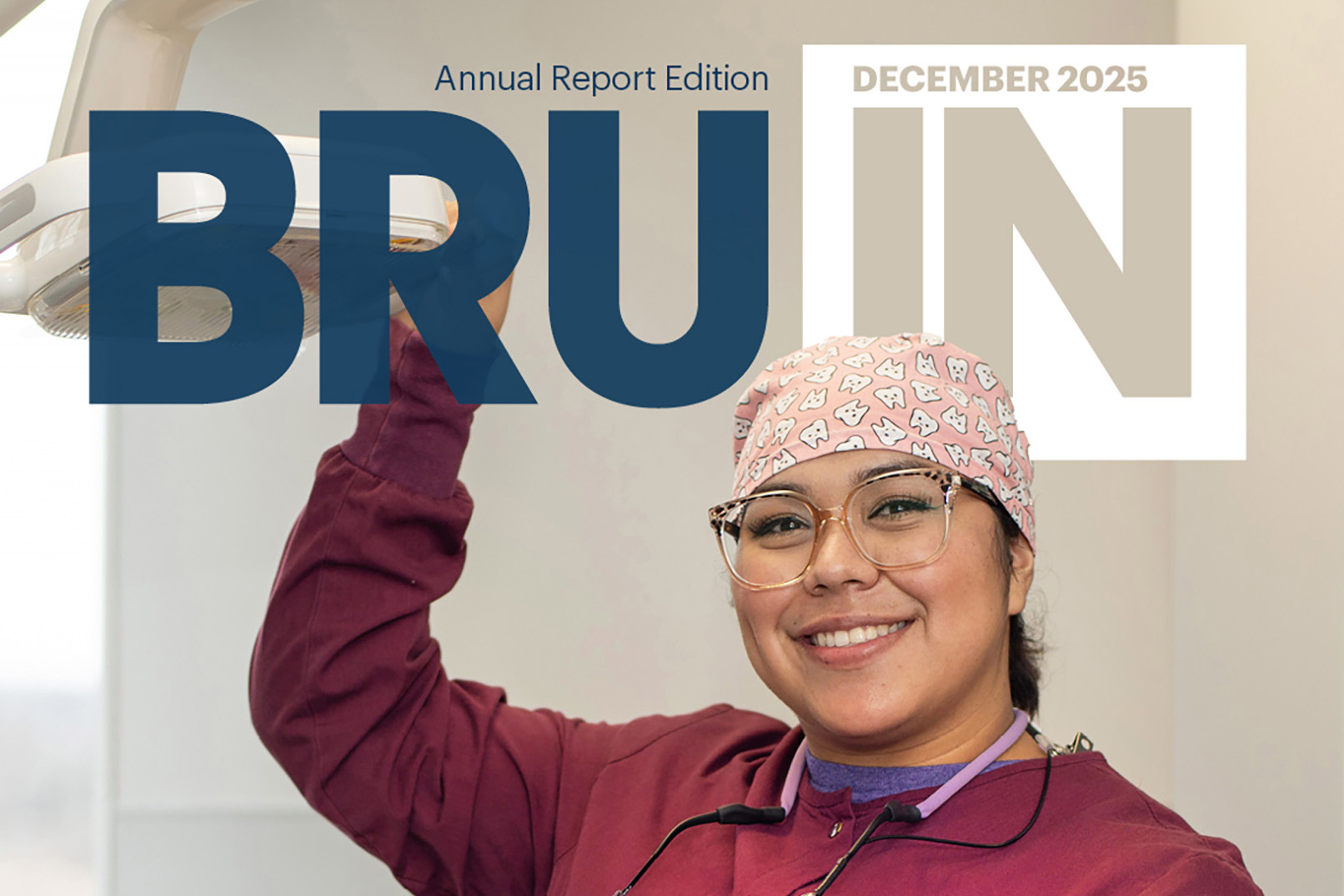With the new year come the new year’s resolutions, and at the top of many lists is eating healthier and losing weight. It’s prime time for fad diets, diets that become popular by using distinct hooks that promise quick results for health and weight loss.
But are fad diets sustainable? That’s what KCC honors student Gabrielle Petto sought to find out through research for her honors project for professor Eierí Salivia’s Healthy Lifestyle Practices class this fall.
Petto, 19, a 2020 graduate of Delton-Kellogg High School, is studying Agricultural Science at KCC, with plans to graduate in 2022. She collected her research in a final paper titled “Are Fad Diets Sustainable?” and answers some questions about her findings below.

The KCC Daily: What is a fad diet? What are some examples of popular fad diets?
Petto: A fad diet is a diet that promises rapid weight loss in little time. Some examples include the keto diet and the paleo diet.
KCC: What was the most interesting fact or information you discovered in your research? Anything surprise you?
Petto: One interesting thing that I found is that research is done on rats to determine the sustainability of these diets, which was very surprising to me and makes me question the reliability of these tests.
KCC: How much of dieting is subjective? To what extent might a diet that works for one person simply not work for another?
Petto: A majority of dieting is subjective. There are the obvious parts of dieting, such as working out or eating healthy, but how a person goes about doing that is always different. One single diet will not impact every body the same; diets need to be personalized to fit the needs of a person.
KCC: According to your research, what diets are generally best for health and sustainable weight loss? What specific practice are most sustainable for those looking to lose weight or get healthier in the new year?
Petto: Fad diets overall are not a sustainable way to lose weight by themselves. In order for someone to lose weight, it is necessary for them to eat healthy and to exercise, along with following other healthy practices.
KCC: What was the ultimate conclusion of your research? Are fad diets sustainable?
Petto: Ultimately, my research has proven that fad diets are not sustainable.
KCC: Has your research impacted your own behaviors? In what ways? What do you hope others might take away from this?
Petto: I never attempted following a fad diet, so this research hasn’t impacted my own behaviors. It has shown me the true importance of working out and eating properly. I hope others take away the fact that diets affect each person differently and it is important to find what suits them specifically.
KCC is offering several Physical Education classes this winter and spring, including Healthy Lifestyle Practices. View available classes by visiting www.kellogg.edu, clicking on “Class Schedules” at the top of the page and filtering results by subject and semester. For more information about KCC’s Honors Program, visit www.kellogg.edu/honors-program.














